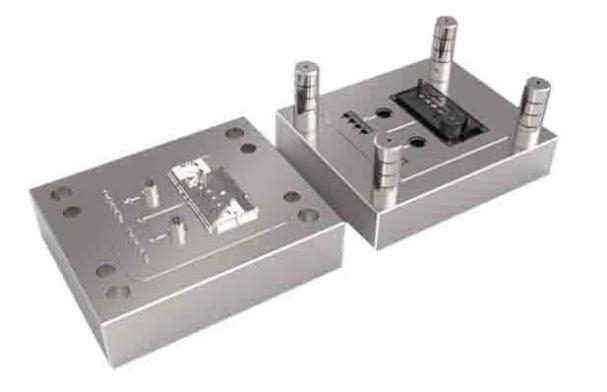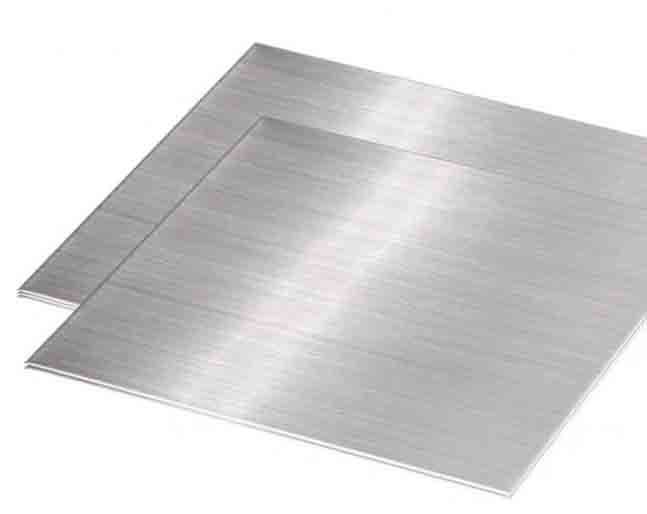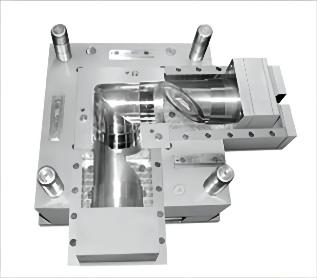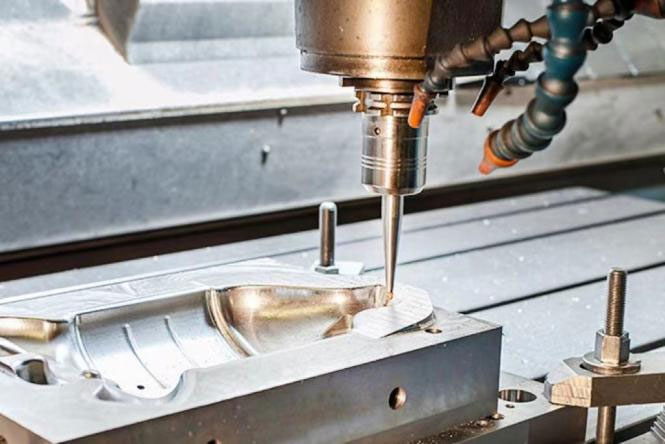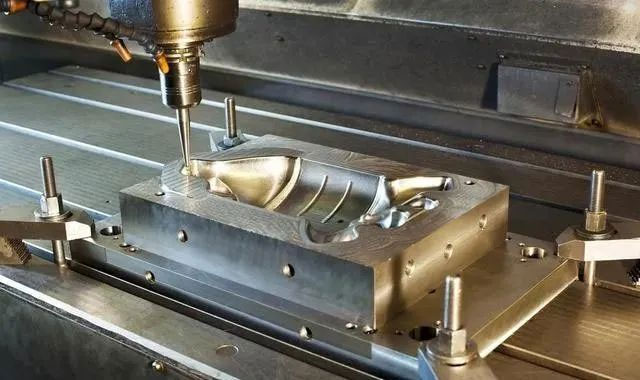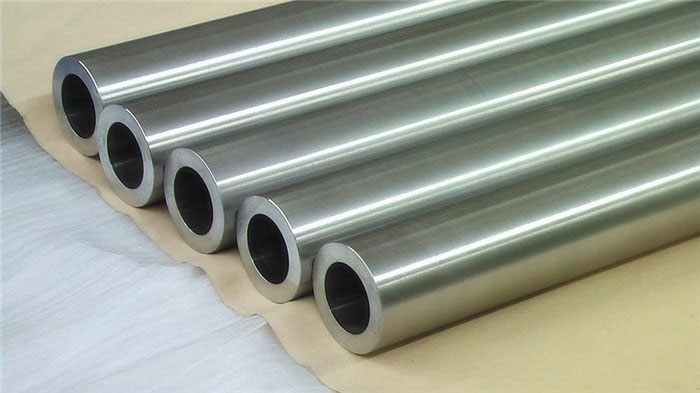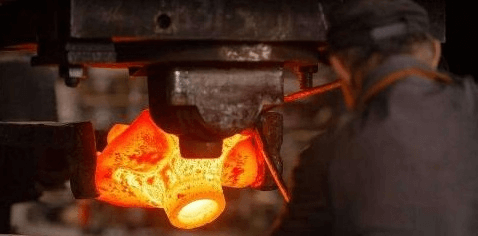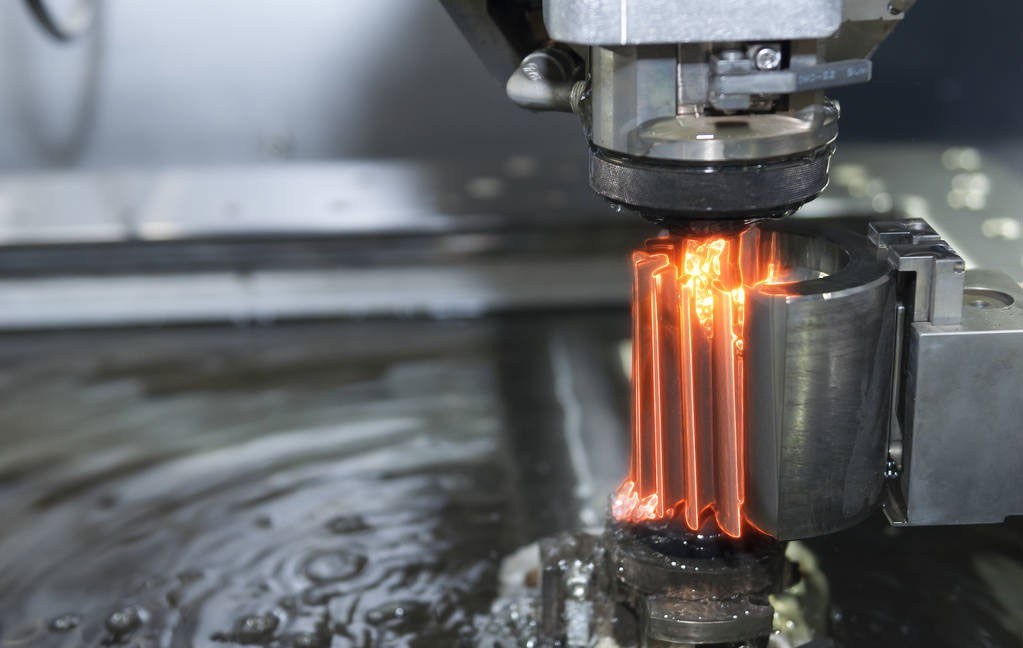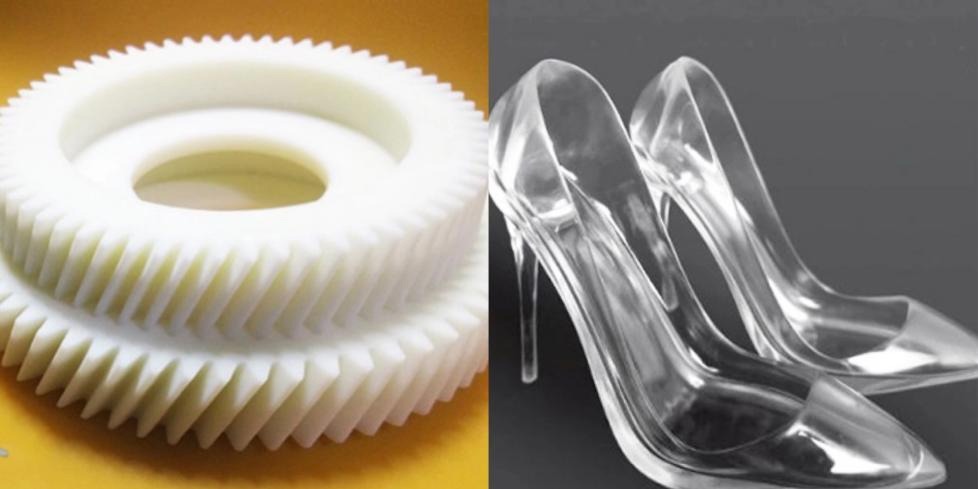Traditional mold materials are divided into cold work mold materials, hot work mold materials, and plastic mold materials. The selection of mold materials should meet the requirements of wear resistance, toughness, fatigue fracture performance, high-temperature performance, corrosion resistance, and cold and heat fatigue resistance. The process performance should meet the requirements of forge ability, large cutting amount, low tool loss, low machined surface roughness, oxidation and decarburization sensitivity, grind ability, and economical requirements.
In modern industrial production, mold is the key basic process equipment. The material and preparation technology of the mold is the key to ensuring the high quality and long life of the molded product. The selection of mold materials need to be selected based on the specific working conditions of the mold and the performance of the materials.
Molds are widely used in automobiles, aircraft, mechanical and electrical products, household appliances, plastic products, and other industries. The type of mold material is one of the important factors affecting the service life of the mold.
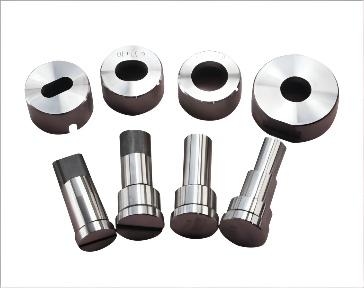
General Requirements to Select Mold Materials
- Wear resistance
When the blank is plastically deformed in the cavity of the precision stamping die, it flows and slides along the surface of the cavity, causing severe friction between the surface of the cavity and the blank, which causes the die to fail due to wear. Therefore, the wear resistance of the material is one of the most basic and most important properties of the mold.
Hardness is the main factor affecting wear resistance. In general, the higher the hardness of the mold parts, the smaller the amount of wear and the better the wear resistance. In addition, wear resistance is also related to the type, quantity, shape, size, and distribution of carbides in the material.
- Strong toughness
Most of the working conditions of precision stamping dies are very bad, and some often bear large impact loads, resulting in brittle fractures. Therefore, higher strength and toughness are required.
The toughness of the mold mainly depends on the carbon content, grain size, and organizational state.
- Fatigue fracture performance
During the working process of precision molds, fatigue fracture is often caused by the long-term action of cyclic stress. Its forms include small-energy multiple impact fatigue fracture, tensile fatigue fracture, contact fatigue fracture, and bending fatigue fracture.
The fatigue fracture performance of the mold mainly depends on its strength, toughness, hardness, and the content of inclusions in the material.
- High-temperature performance
When the working temperature of the precision mold is high, the hardness and strength will decrease, resulting in early wear of the mold or plastic deformation and failure. Because the mold material should have high anti-tempering stability, to ensure that the mold has high hardness and strength at working temperature.
- Heat and cold fatigue resistance
Some precision molds are in a state of repeated heating and cooling during the working process, causing surface cracking and peeling, increasing friction, hindering plastic deformation, and reducing dimensional accuracy, resulting in mold failure. Hot and cold fatigue is one of the main forms of failure of hot work dies, and such dies should have high resistance to cold and heat fatigue.
- Corrosion resistance
When some precision molds such as plastic molds are working, due to the presence of chlorine, fluorine, and other elements in the plastic, strong corrosive gases are decomposed after heating, which erodes the surface of the mold cavity, increases its surface roughness, and aggravates wear failure.
Specific Considerations for Selecting Mold Materials
Working Conditions of Mold
The choice of mold material varies according to different working conditions. During the working process of the mold, the requirements for the toughness of the material change with the impact force it is subjected to, and the requirements for the strength of the material change with its required bearing capacity. Here are 2 types: Hot work die and cold work die.
Hot Work Die: The hot work die is mainly affected by high temperature and thermal stress during the working process. Therefore, the hot work die material needs good fatigue resistance and thermal stability, and the appropriate hot work die steel is generally selected according to the actual working temperature.
Cold Work Die: The cold work die is mainly affected by the impact force and friction force during the working process. Therefore, cold work die requires good strength, hardness, and toughness, and cold work die steel is generally used as the main material.
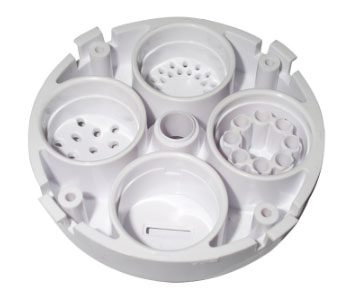
Structural Factors of Mold
Different mold structures also have different requirements for mold materials. According to the differences in mold structures, different materials can be selected according to the following methods:
(1) The higher the precision requirements of the mold, the smaller the deformation during processing is required. Therefore, it is necessary to select mold materials with different deformation sizes according to the specific machining accuracy.
(2) During the heat treatment process of the mold, the uniformity of the heating and cooling rates is affected by the cross-sectional area. When the cross-sectional area is larger, the uniformity is worse. Under this condition, it is necessary to select materials with better thermal conductivity and hardenability to ensure the uniformity of cross-sectional properties.
(3) If the shape of the mold is relatively simple and easy to be processed and formed, low-cost carbon tool steel can be selected as the main material. If the shape of the mold is complex, concentrated stress is likely to occur in some locations. Therefore, it is necessary to select high-performance alloy materials and process them with a reasonable quenching method.
Process Performance of Mold Material
The manufacturability of the mold material directly affects the manufacturing cost, performance, and working life of the mold.
(1) Forging performance. Usually, most of the hot working dies are formed by forging. It is hoped that the material has low deformation resistance and good formability within the forging temperature range.
(2) Processability of heat treatment. It is desired that the heat treatment process of the material is good, including high hardenability. For larger size forging dies, high hardenability can make the mechanical properties basically uniform across the entire section. It is also convenient to use a more moderate cooling medium for quenching to avoid or reduce the tendency of cracking and distortion. In addition, it is desired that the material has a small tendency to oxidative decarburization and grain growth during the heat treatment and that the heat treatment distortion is small.
(3) Good formability. Most of the cavities or accessories of the mold need to be formed by cutting or EDM, so the material is required to have good turning, milling, grinding, and EDM performance. The mold material should meet the requirements of a large cutting amount and low tool loss. In addition, the material is also required to have certain weldability to facilitate repair.
(4) After quenching, it has a uniform but relatively high surface hardness.
(5) Oxidation and decarburization sensitivity. High-temperature heating requires good anti-oxidation performance, slow decarburization, insensitivity to heating medium, and is not easy to produce pitting.
(6) Grindability. Grinding cracks and abrasions are not easy to occur.
(7) Quenching deformation cracking tendency. Insensitive to quenching temperature and workpiece shape, and low sensitivity to conventional quenching cracking.
(8) The selection of mold materials should also meet the economic requirements.
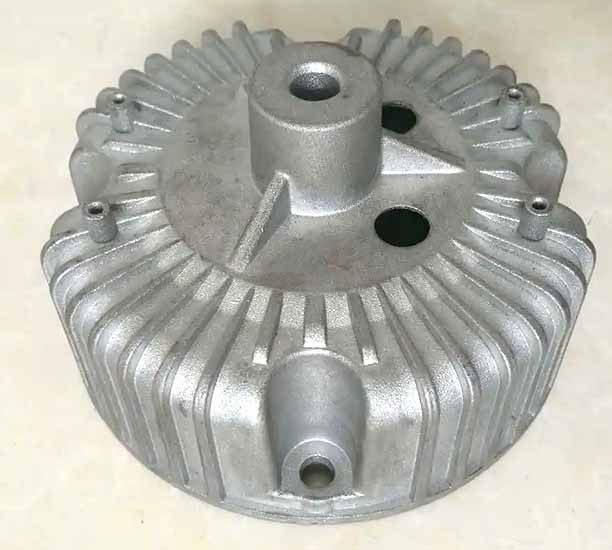
The selection of mold materials needs to consider many factors, JTR can comprehensively consider according to the specific requirements of customers, and make professional suggestions. JTR can provide professional and cost-effective services from mold design to mold production. Customers from all over the world are welcome to contact us.


